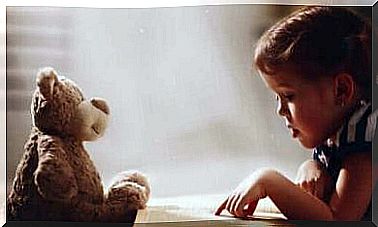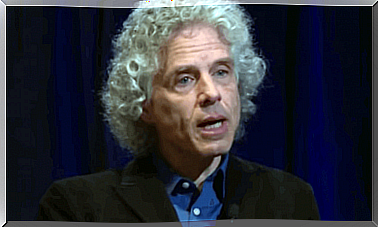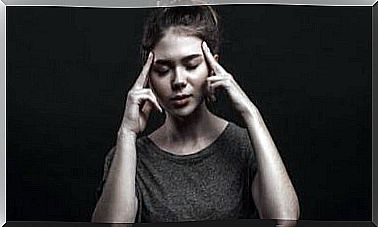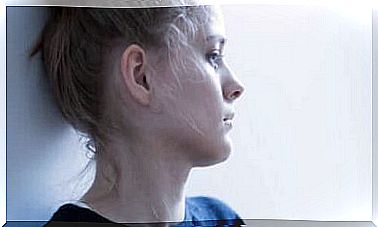What Does The Future Hold For Us? The Art Of Reducing Uncertainty
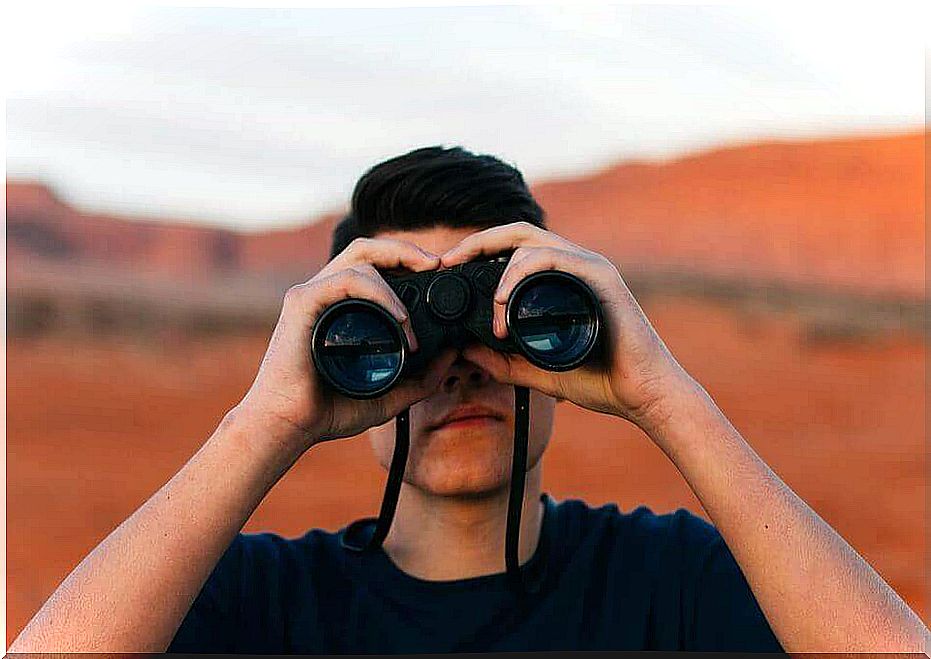
What will happen tomorrow? What will happen in a week? And in a year? Or in twenty? What does the future hold for us? Difficult question, not to say impossible to know. By definition, the future is what has not yet happened. It is therefore loaded with uncertainty, that general doubt that prevents us from being sure of something. Can this uncertainty nevertheless be reduced?
Of course, uncertainty can be reduced although it cannot always be completely eliminated. While there are pseudo-sciences and other arts claiming to know the future, the latter tend to make vague interpretations of the future so as not to make mistakes. If they assure us that tomorrow will be a good day, it is more likely to be so given that our attitude will be positive in the face of uncertainty. But other than changing our attitude and reducing uncertainty, this in no way corresponds to a realistic prediction of the future.
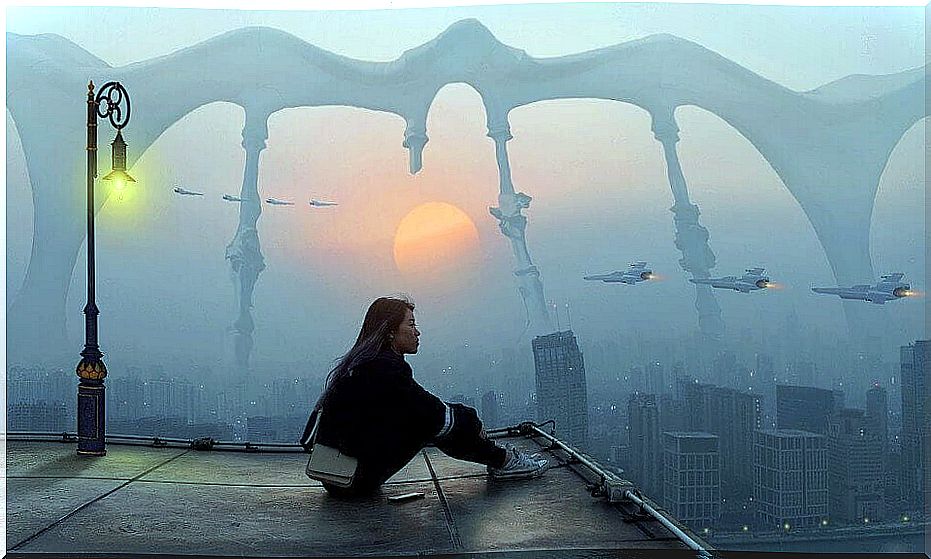
Reduce uncertainty with a plan B
If we assume that the future is unpredictable, that we don’t know exactly what will happen – because the future is uncertain – the best option to know the latter is to reduce that uncertainty. One option for this is to make various predictions. Imagine we don’t know what the weather will be like tomorrow, but based on our intuition, we come to the conclusion that the weather will be fine. Even though it hasn’t rained for many months, it may still be raining and we have to cancel our beach trip.
If we had had a plan B: if the weather is nice, I will go to the beach; if it rains, at the museum; our plans would not have been broken (we would not have that feeling). Imagining different options for the future is one way to reduce uncertainty. By reducing uncertainty, we will be better prepared to face the unknown, no matter what.
It is not necessary to determine what will happen to predict the future and reduce uncertainty. We just have to think about what might happen. Imagine all of the possible options that might arise and rule out those that are most unlikely based on the evidence. For example, we could imagine that the weather could be sunny, rainy, snowy, cloudy, etc. Even so, based on current temperature, humidity, location, etc., we might set aside some options and assign more or less probability to others.
Create models to reduce uncertainty
A common, sometimes unconscious, practice that we use to reduce uncertainty is the use of models. Experience teaches us that certain events tend to repeat themselves when the right circumstances arise. And, the more experience we have, the more these models are confirmed.
These models are in principle useful. Especially when we know the causes and the effects. We know that if we throw a stone at another person, we will hurt them. But if, in addition, we know that the damage will depend on the size of the stone and the force with which we throw it, we can modulate these variables according to our interests. Of course, the social norm is that we don’t throw stones at anyone, this is just one example.



